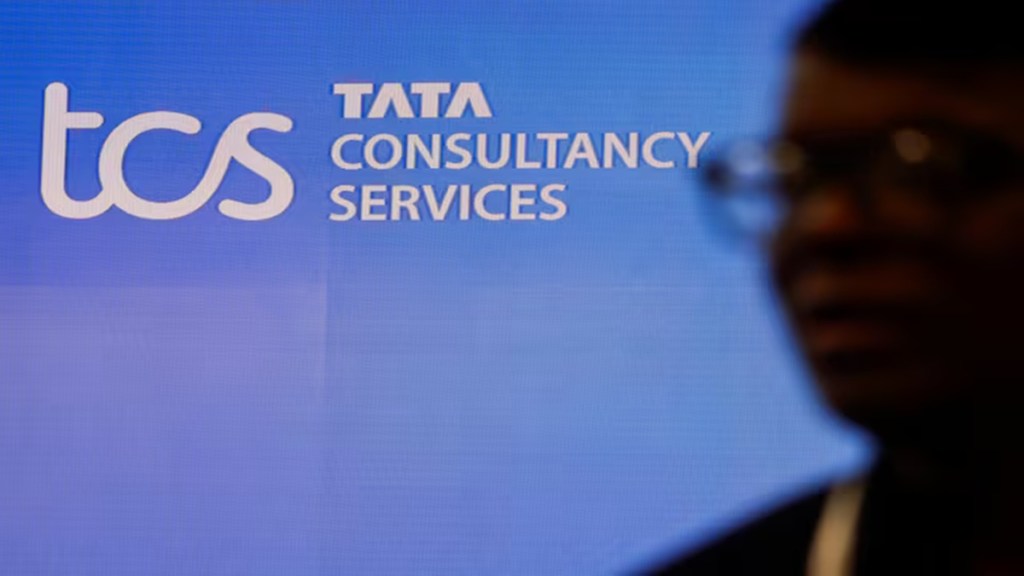Tata Consultancy Services’ (TCS) decision to lay off 2% or about 12,000 of its global workforce is a clear signal of where the domestic information technology (IT) industry now stands. It’s the first open admission by a major player that the traditional model that drove decades of growth is no longer working. While TCS may be the first to act, it’s unlikely to be the last. Other companies will certainly follow as the moment of reckoning for domestic IT firms has arrived. The most striking part of this development is that the cuts are concentrated not at the entry level, which has long been seen as most at risk from artificial intelligence (AI), but at the middle and senior levels. TCS has said the layoffs are not because of AI, but due to a skill mismatch. Still, it’s clear that AI and automation are playing a major role in reshaping how companies think about roles, structures, and future workforce needs.
Scale-first model falters as clients demand more
For years, the domestic IT sector relied on a model that was focused on scale. Firms hired large numbers of engineers, charged clients based on how many people were assigned to a project, and delivered basic software services and digital transformation work. This was efficient and profitable when clients mainly wanted cost savings. But now, expectations have changed. Clients want faster results, flexible pricing based on outcomes, and innovation, not just execution. At the same time, global wage differences have narrowed, and automation makes it possible to deliver the same work with fewer people. What that means is that the foundation of the old model is being challenged. The pyramid structure, with its layers of managers and large delivery teams, is harder to sustain. TCS’s restructuring, including new rules on bench time, utilisation, and performance, reflects a shift towards a more product-focused, agile set-up. Mid- and senior-level employees who once thrived in legacy project models are now under pressure to adapt to new ways of working, and not all of them are able to make that shift.
AI reshapes the industry
This isn’t happening in isolation. Across the world, tech companies are cutting jobs and re-organising their teams. Microsoft, Meta, Google, Salesforce, and Intel have all made major workforce changes. Some have directly pointed to AI as a factor; others have talked about cost pressures, the end of overhiring, or changing business needs. But the overall trend is clear that companies are preparing for a future where automation plays a central role, and where being large is no longer enough, but being efficient and innovative matters more. In that context, TCS’s move fits into a wider pattern.
What’s worth noting is that this is happening even before AI reaches its next stage. So far, we are still in the early phases. More advanced, agentic AI systems are yet to be deployed at scale. When they do arrive, the impact could be deeper and more widespread. TCS’s decision may look sudden, but it has been coming for a while. The pressures have been building, with changing client needs, slowing global demand, tighter budgets, and rising expectations from investors. The old approach of hiring big and delivering on scale will not be enough. Firms must now build platforms, create intellectual property, invest in talent with newer skills, and take on a more strategic role for their clients—something in which they have been found wanting. If TCS has taken the first step, its peers can’t be far behind.

